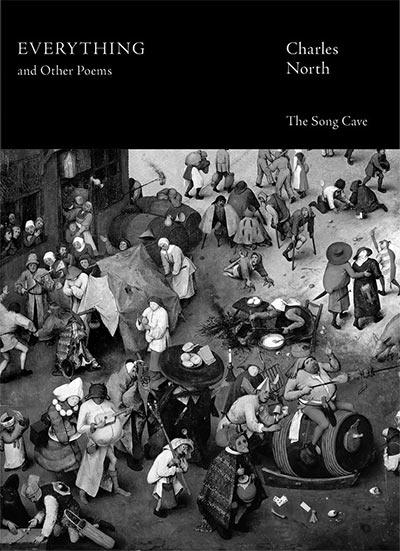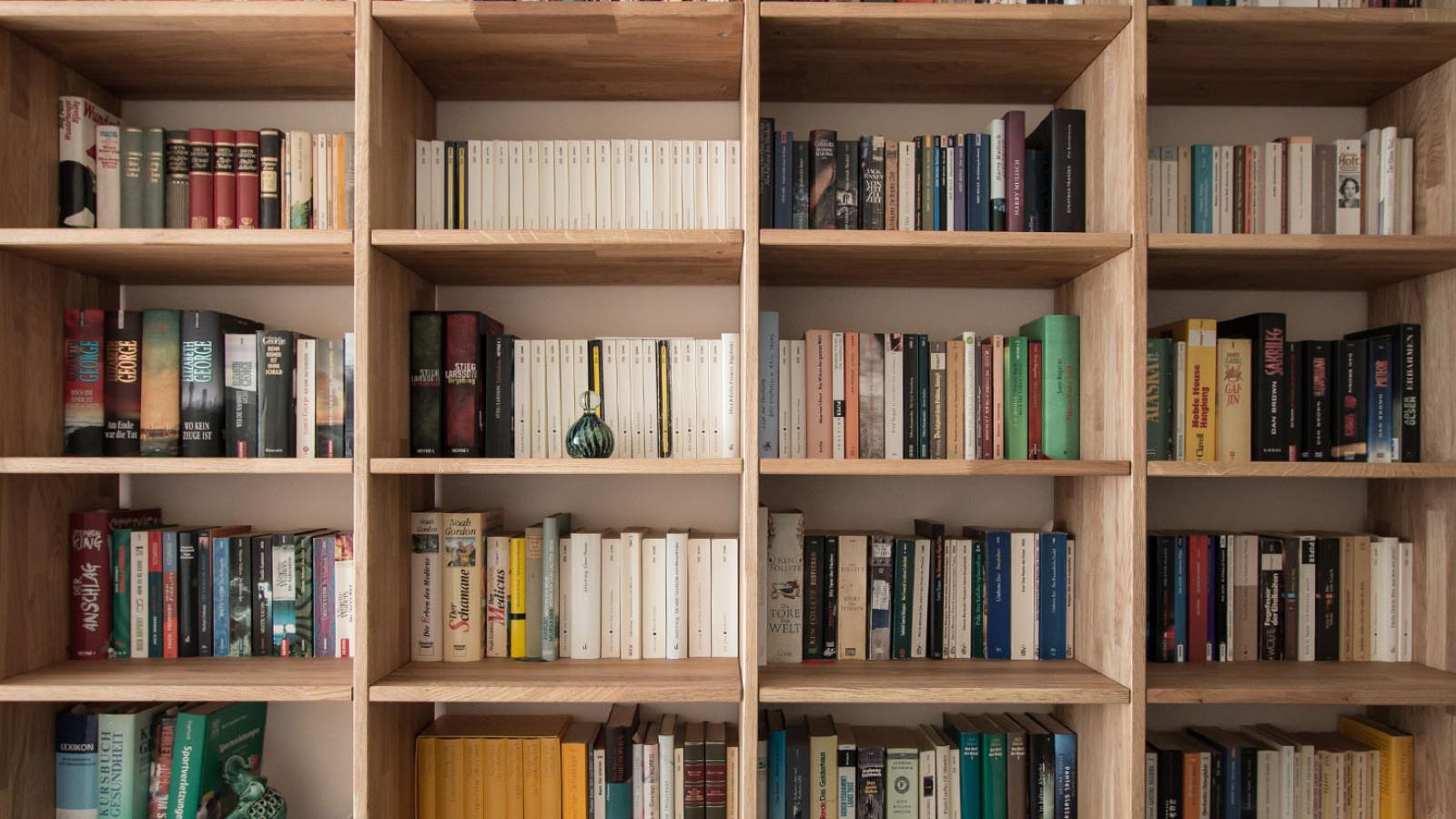

Everything
Charles North
Poet-In-Residence And Professor English, NYC

Pace Poet-in-Residence Charles North's book of poetry entitled Everything was included in the New York Times list of "New & Noteworthy Poetry Books." In this Q&A, North shares special moments, advice for young poets, and more.
What is the central theme of your book?
It's a collection of poems written from 2012-2019.
What inspired you to write this book?
No specific inspiration. Different poems come about for different reasons, not all of which I (or any poet) can pinpoint.
Why is this book important in your field? What does it contribute to the current body of knowledge on its topic?
I think the jury is out on both! In any case, both are for others to decide.
Can you share a special moment when writing this book?
That's a hard one. One thing that comes to mind is the long title poem. I had written a few longish poems over the years but never a really long one, and I decided to give that idea a go—keep a piece going (and try to keep it effective and interesting). When I decided Everything was finished (the French poet Paul Valéry famously said that poems are never finished, only abandoned), the poem came to 26 pages; actually, 29 when a "study" for it and a "coda" were attached.
What is the one thing you hope readers take away from your book?
Pleasure/stimulation/the sense that poetry is a much larger notion than many think.
What other books have you had published?
Eleven poetry collections plus a handful of poetry chapbooks; three books of critical prose about poets, critics, and artists; several collaborative books with artists and other poets.
...poetry is a much larger notion than many think.
Fun Facts
When did you join Dyson College?
I've been at Pace a long time, though until the late 1990s as an adjunct in the English department, teaching literature and all levels of composition. I was made Pace Poet-in-Residence in 1997.
What motivates you as a teacher?
I care a great deal about literature and about writing well, and try hard to encourage students to care as much as I do about both. A few years ago I created an honors course, which I named "The Pleasures of Poetry," to counteract unfortunate misconceptions about poetry—what it's "for," how to approach it, what readers gain from it—which I encountered throughout my schooling, many of which are still current.
What do you do in your spare time; to relax/unwind?
Books, movies, sports (more watching than playing these days; I'm still a baseball fan—one of my early books of poems was a collection of poems in the form of baseball lineups); music (I was a serious clarinetist as a teenager and thought about spending my life in music). My wife, daughter and son, and, all of a sudden (it seems; it really isn't), grandchildren are everything to me.
What are you reading right now?
I'm usually in the middle of more than one book at a time. I'm a big mystery fan and am nearing the end of one of P. D. James's Adam [author] Dalgliesh mysteries; I'm also rereading a book by the contemporary philosopher Saul Kripke (at one point I was about to enter a Ph.D. program in philosophy but decided against it; my daughter teaches philosophy); always reading and rereading my favorite poets.
What advice do you have for young poets?
Read a lot of (good) poetry!